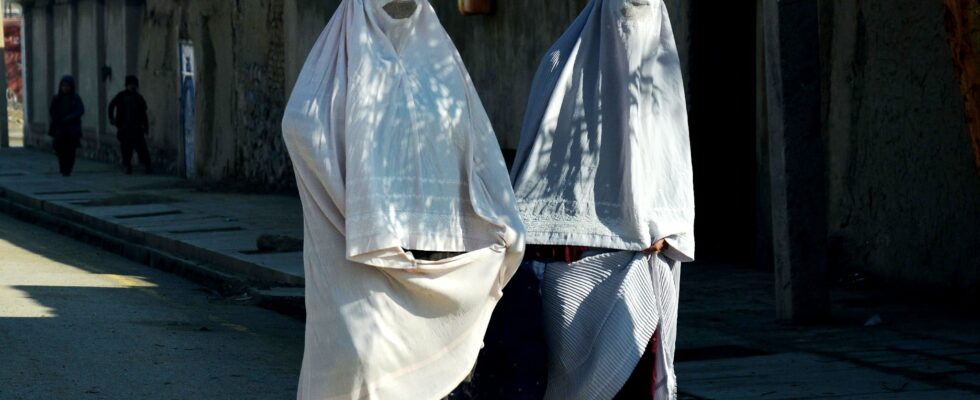It was “a good decision.” That’s how Joe Biden described the American military withdrawal from Afghanistan three years ago. On August 30, 2021, the last soldier left Kabul airport in indescribable chaos, handing power back to the Taliban after twenty years of war. But be careful, they said at the time: these are not the same people who ruled the country between 1996 and 2001. “It was said that these Taliban 2.0 were more modern, that they had improved their communication,” recalls Mélissa Cornet, a specialist in gender issues in Afghanistan.
A good decision? In reality, Joe Biden had little choice. Driven by public opinion hostile to maintaining the American presence in Afghanistan, bound by the commitments of his predecessor Donald Trump to leave the country and above all in the absence of any results in terms of stability and security of the country, despite the 2,000 billion dollars spent over two decades, the American president whistled the end of the longest war in the history of the United States. “I will not deceive the American people by pretending that a little more time in Afghanistan will make all the difference,” said Joe Biden.
The walls are closing in
Three years later, Afghan women see the difference. After twenty years of openness and freedom, their country has returned to the Middle Ages. The first weeks of the new power could have given the illusion of a peaceful transition, of women who could still work. But quickly, the true nature of the regime took over. Return of Sharia, compulsory wearing of the hijab, banning of women in universities, in NGOs, in UN bodies… Until this new law, to “promote virtue and prevent vice”, promulgated on August 22. A 114-page tome of prohibitions for the 45 million Afghans, but in particular for these women, confined at home, forced to cover themselves completely, banned from school beyond the sixth grade, from secondary and university education, not authorized to work in the public sector… “As they have defied the most powerful armies in the world, the Taliban now do what they want,” notes Mélissa Cornet.
“Free Afghan Women” wrote the young Afghan athlete Manizha Talash on her cape on August 9, during a breaking competition on the Place de la Concorde. A message addressed to the rest of the world, before the gymnast was disqualified “for displaying a political message on her clothing in violation of Rule 50 of the Olympic Charter”. Everywhere in Afghanistan, the walls are closing in. With, for these women, this very bitter taste of abandonment and betrayal by international society. Many of them have experienced this parenthesis of freedoms, closed three years ago. “Kabul has become the antechamber to the afterlife”, wrote Yasmina Khadra in 2002 in The Swallows of Kabul (Pocket). Today, hell is back.
.
